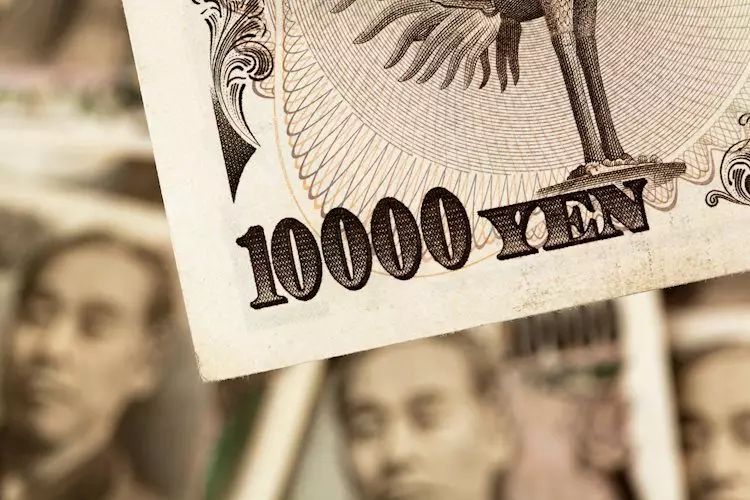The USD/JPY exchange rate experienced a pullback on Tuesday due to a risk-off market sentiment. The market’s risk-off tone generated safe-haven demand, benefiting the Yen and pressuring the USD/JPY pair. Additionally, rumors circulating that the Bank of Japan (BoJ) is considering reducing its bond purchases further supported the Japanese Yen and added downward pressure on the USD/JPY exchange rate.
The potential reduction in bond purchases by the BoJ at its June meeting would likely increase Japanese bond yields. This move is expected to have a negative impact on the USD/JPY exchange rate as higher bond yields are correlated with a stronger Yen. Reports suggest that the BoJ may discuss reducing its bond purchases at the upcoming meeting in an effort to normalize its policy, despite the recent increase in Japanese Government Bond (JGB) yields.
The US Dollar experienced a rebound after a steep sell-off following lower-than-expected US ISM Manufacturing PMI data released in May. However, the rebound in the USD looks unconvincing as the decline in manufacturing activity was mainly attributed to decreases in New Orders and Prices Paid components. This development has raised expectations of a potential interest rate cut by the Federal Reserve, with the likelihood of a rate cut in September increasing to around 65%, according to the CME FedWatch tool.
In addition to market rumors, intervention fears by the BoJ have contributed to the decline in the USD/JPY exchange rate. The Deputy Governor of the BoJ expressed concerns about the negative impact of a weak JPY on the economy, signaling potential direct intervention in FX markets to support the Yen. Despite the weak Yen being beneficial for generating inflation, it also hampers consumer spending as high prices deter purchases. The BoJ aims for inflation to be driven by higher wages to stimulate consumption and promote economic growth.
The remarks made by the Deputy Governor of the BoJ have raised concerns that the central bank might adopt a hawkish policy stance at its June meeting. The focus for the USD/JPY pair in the coming days would be on US jobs data, with recent reports showing a deterioration in the job market. The number of job openings in April fell below expectations, indicating potential challenges in the labor market that could impact future monetary policy decisions.
The impact of market rumors and intervention fears on the USD/JPY exchange rate underscores the significance of global economic developments and central bank policies in shaping currency movements. Traders and investors need to stay informed about geopolitical events and monetary policy decisions to make informed decisions in the foreign exchange market.

